Sandwich Panel
Sandwich Panel
A sandwich panel is a composite panel composed of two layers of formed metal panels (or other material panels) and a polymer insulation core that is foamed and matured directly in the middle of the panels.
Sandwich Panel
Characteristics
- Good thermal insulation performance: The thermal insulation core material in the middle usually has a low thermal conductivity and can effectively prevent heat transfer.
- Light weight: Compared with traditional solid boards, sandwich panels are lighter and easier to transport and install.
- High strength: After the panel and the inner core are combined, it has certain bending and compressive strength.
- Beautiful: Different colors and coatings can be used on the surface, which has a better decorative effect.
- Convenient construction: cutting and splicing can be done as needed, and installation is quick.
Classification
- Classification by core material:
– Polystyrene sandwich panels: relatively low price, good thermal insulation performance, but poor fire resistance.
– Polyurethane sandwich panel: excellent thermal insulation performance and good fire resistance, but the price is relatively high.
– Rock wool sandwich panel: good fire resistance, sound absorption and noise reduction, but it is relatively heavy. - Classification by panel material:
– Color steel plate sandwich panel: a common type with good corrosion resistance and decorative properties.
– Aluminum sandwich panel: light weight, corrosion-resistant, high-end appearance.
Application fields
- Construction field: used for roofs and walls of industrial plants, warehouses, cold storages, prefabricated houses and other buildings.
- Purification projects: such as clean workshops in electronics factories, pharmaceutical factories, food factories, etc.
- Temporary buildings: such as temporary dormitories, offices, etc. on construction sites.
Things to note when choosing
- Thermal insulation performance: According to the requirements of the use environment, select a sandwich panel with appropriate thermal insulation performance.
- Fire protection performance: Consider the fire protection requirements of the building and select sandwich panels that meet the corresponding fire protection level.
- Strength and stiffness: Ensure that the sandwich panel can withstand the required load.
- Panel quality: Check the coating quality, flatness, etc. of the panel.
- Manufacturer: Choose a manufacturer with good reputation and reliable quality to ensure product quality and after-sales service.

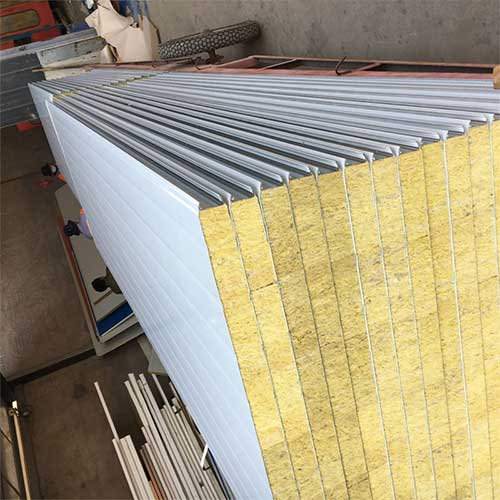
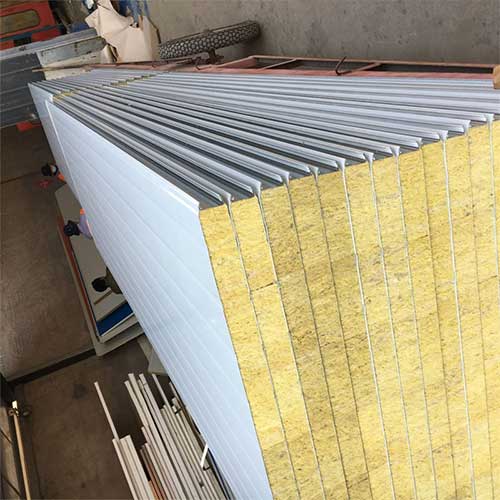
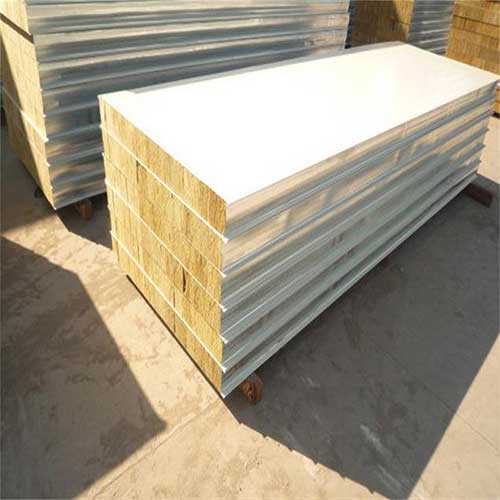



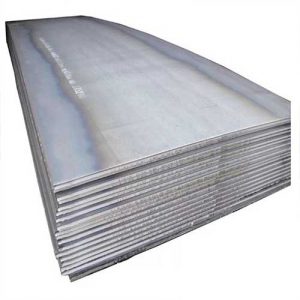
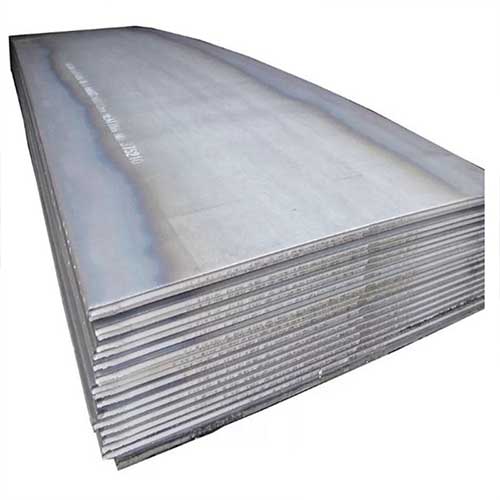
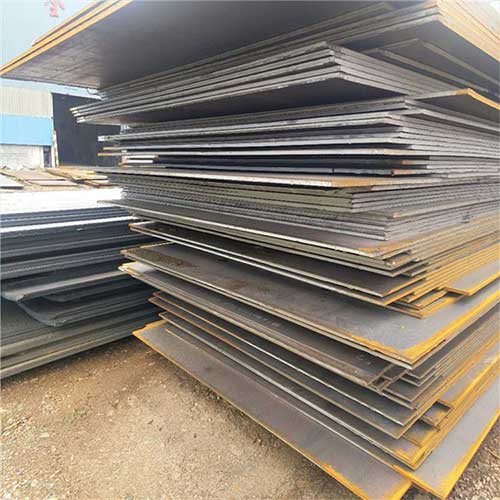
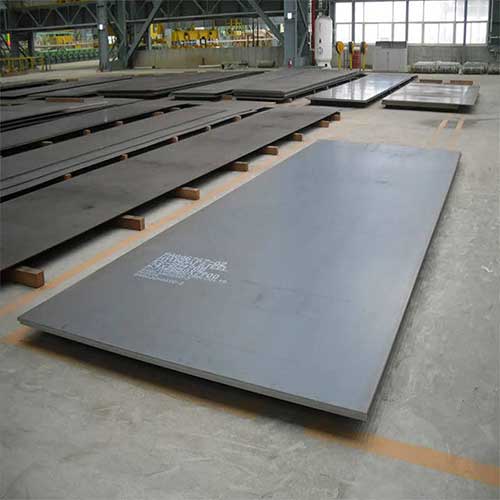
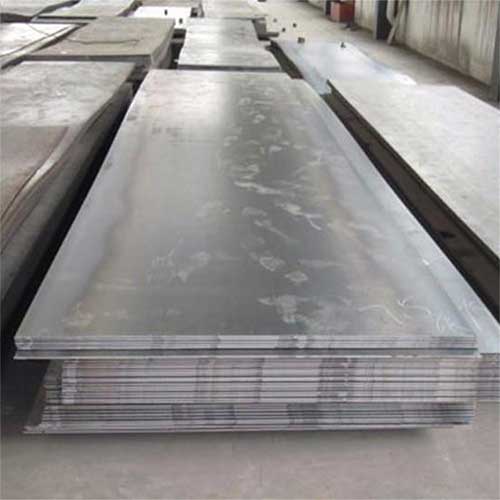

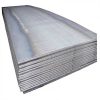
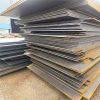
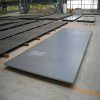
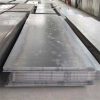
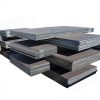
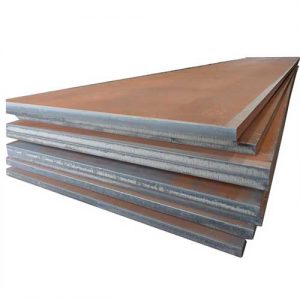
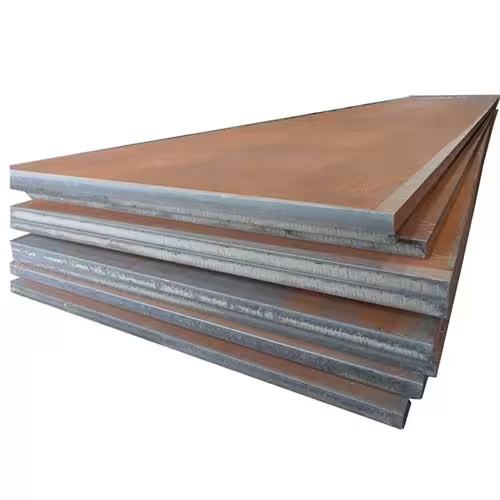
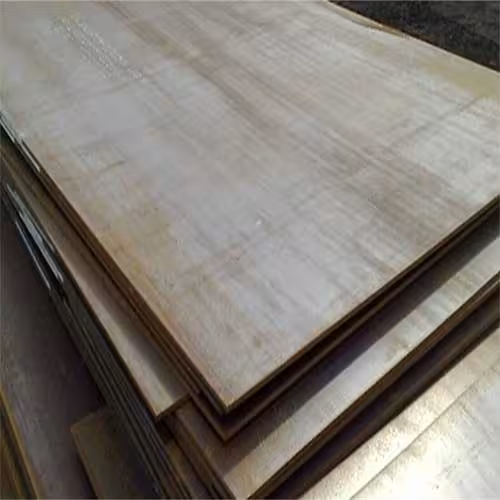
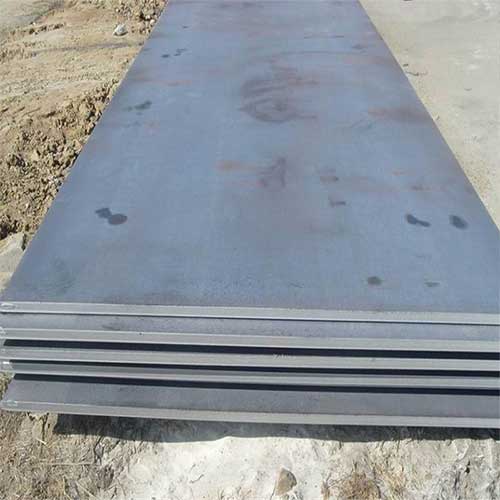
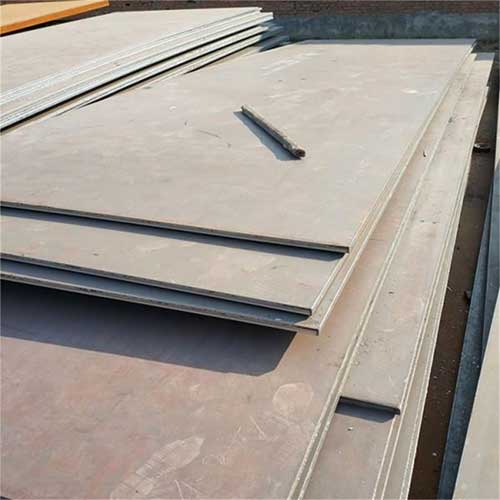
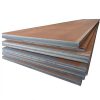
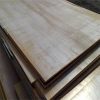
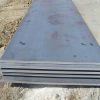
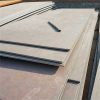
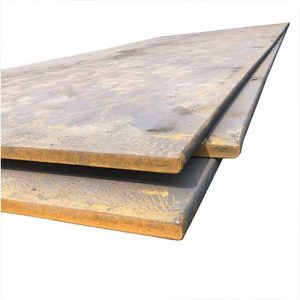
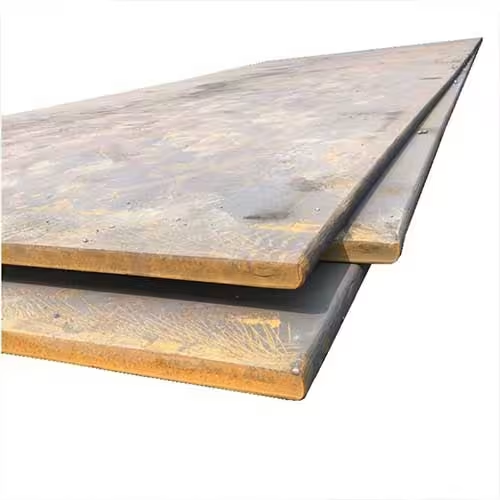
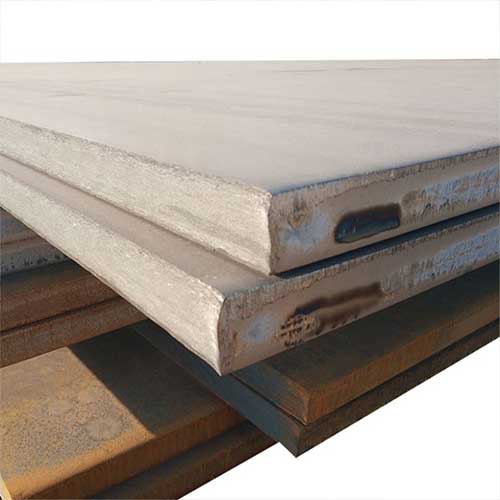
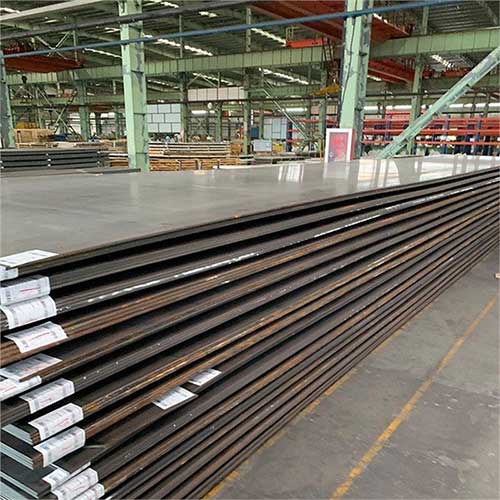
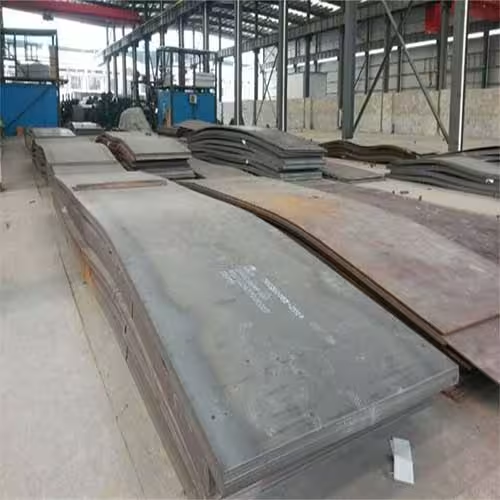
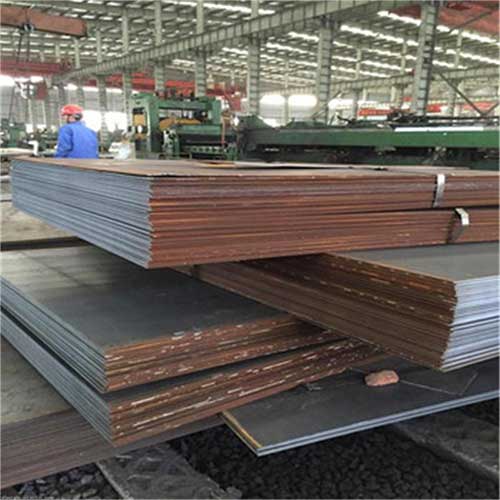
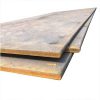
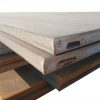
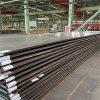
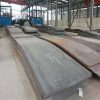
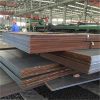
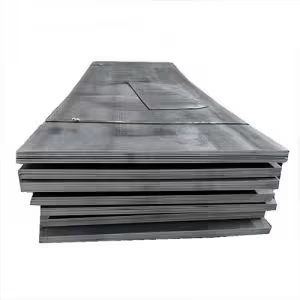
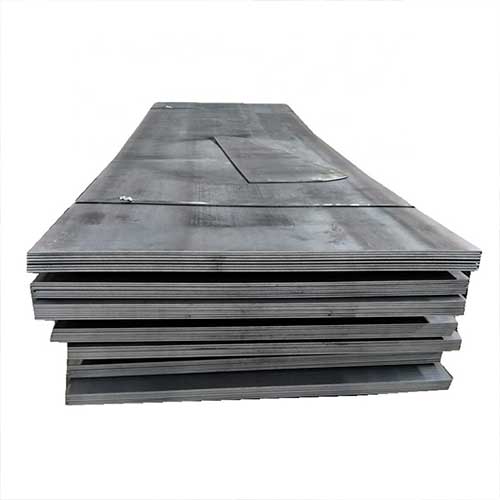
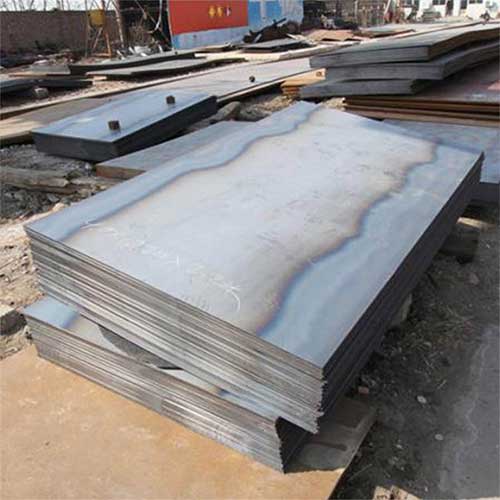
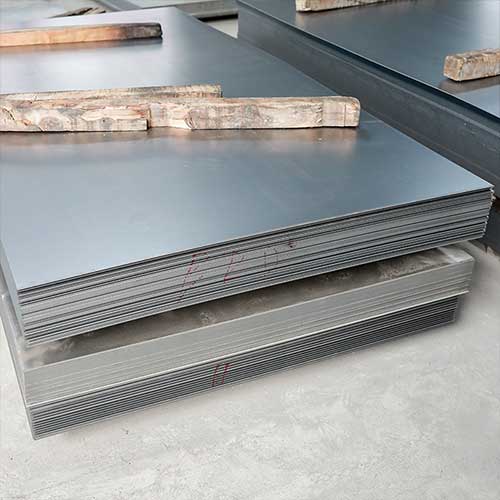
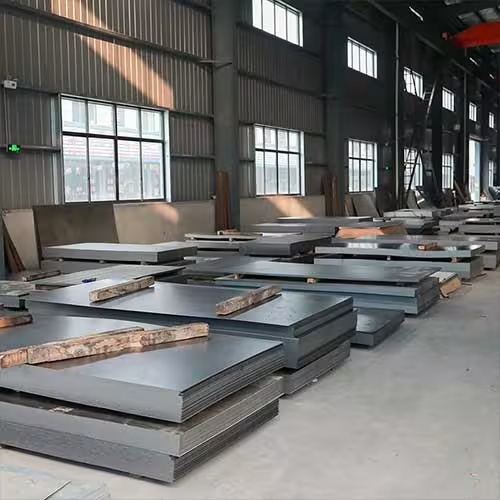
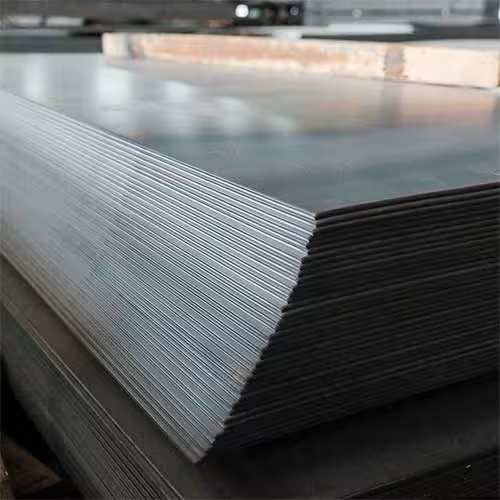
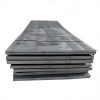
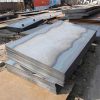
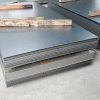
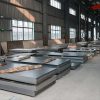
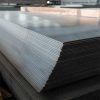
Reviews
There are no reviews yet.